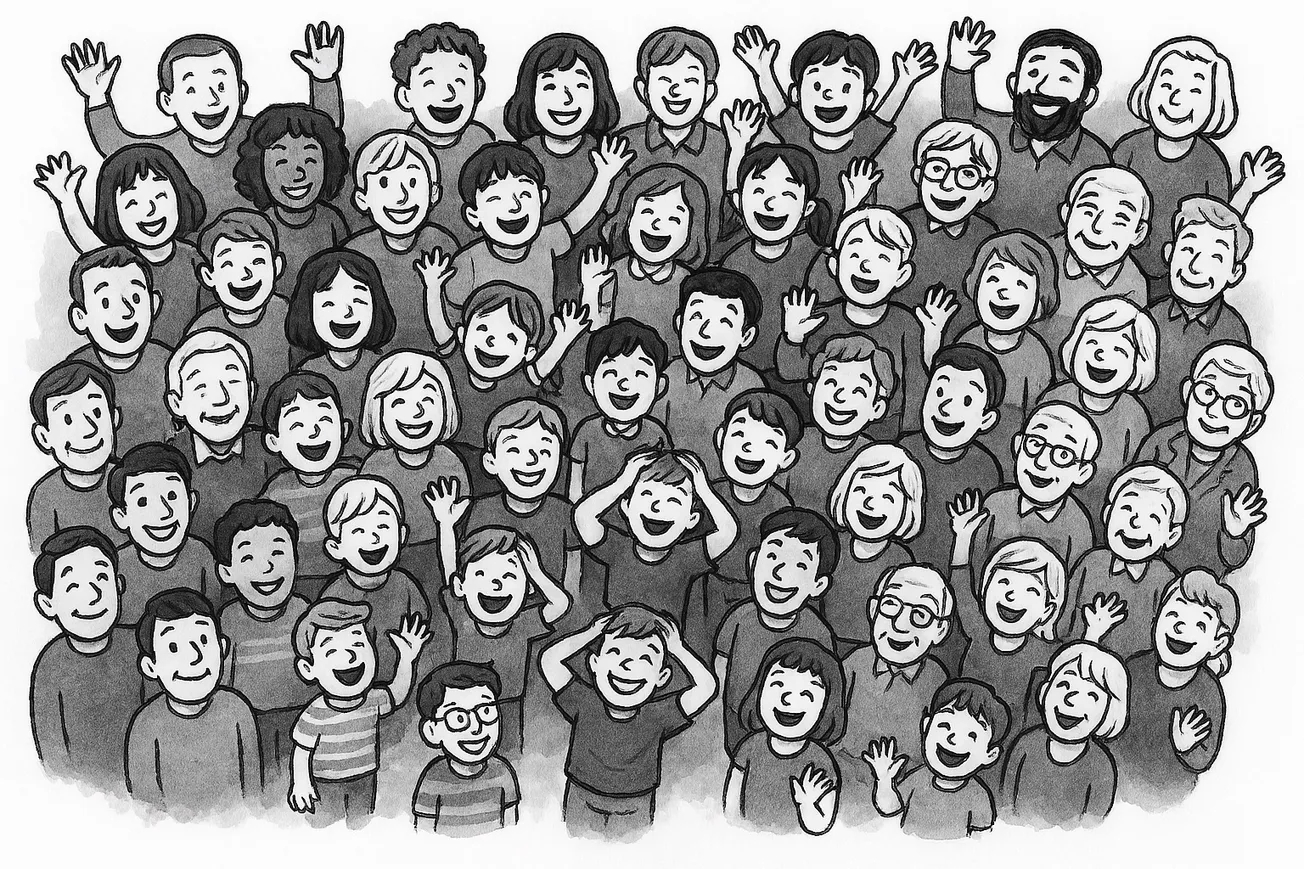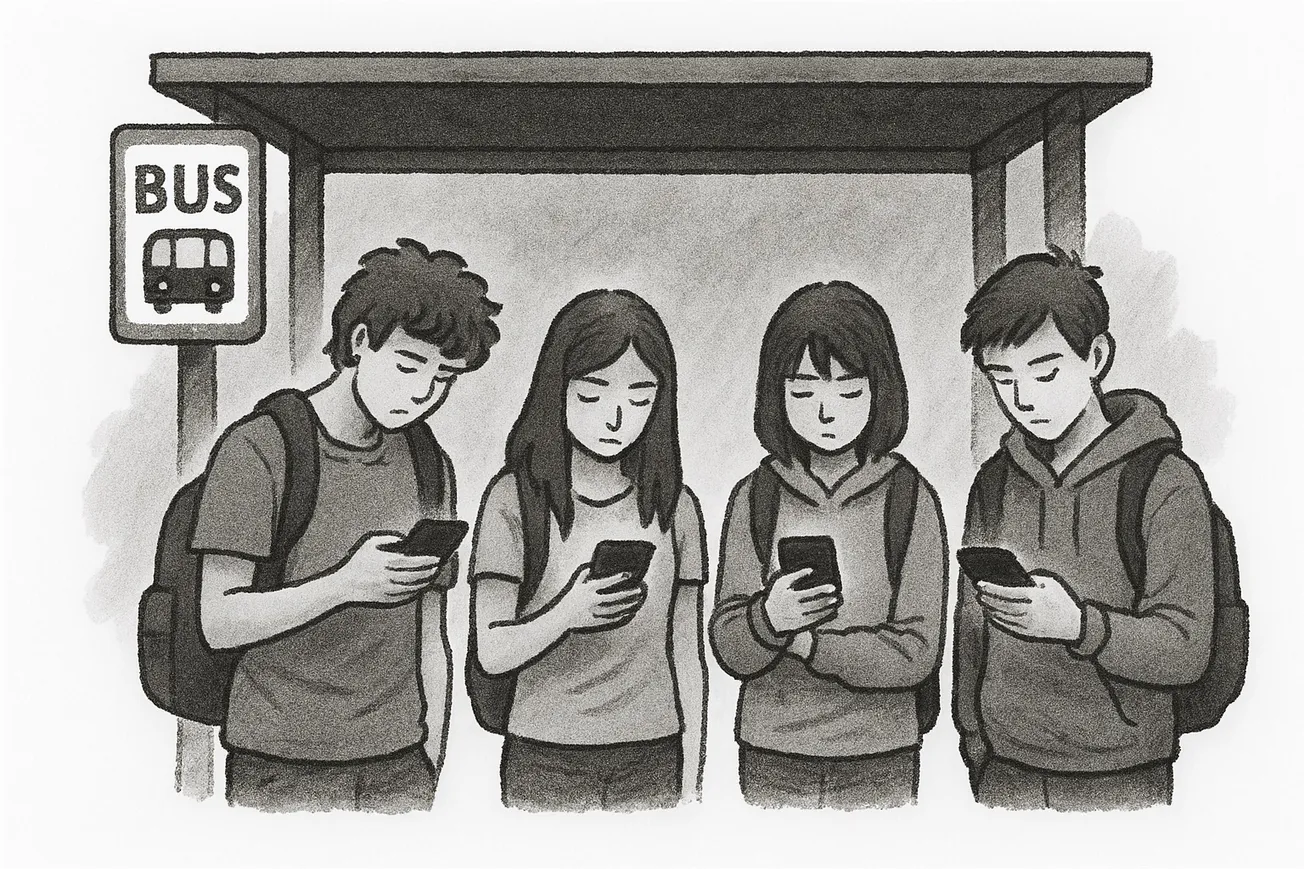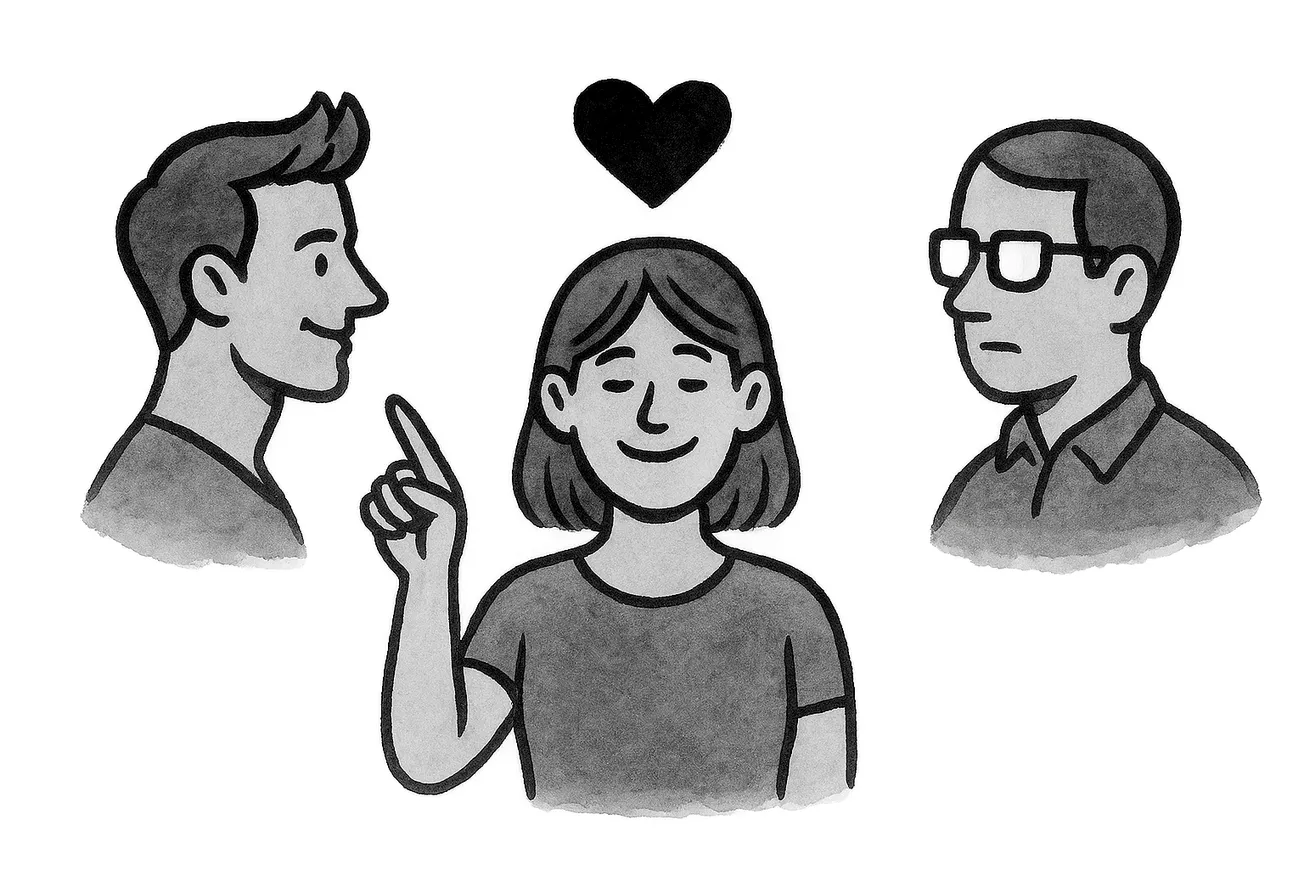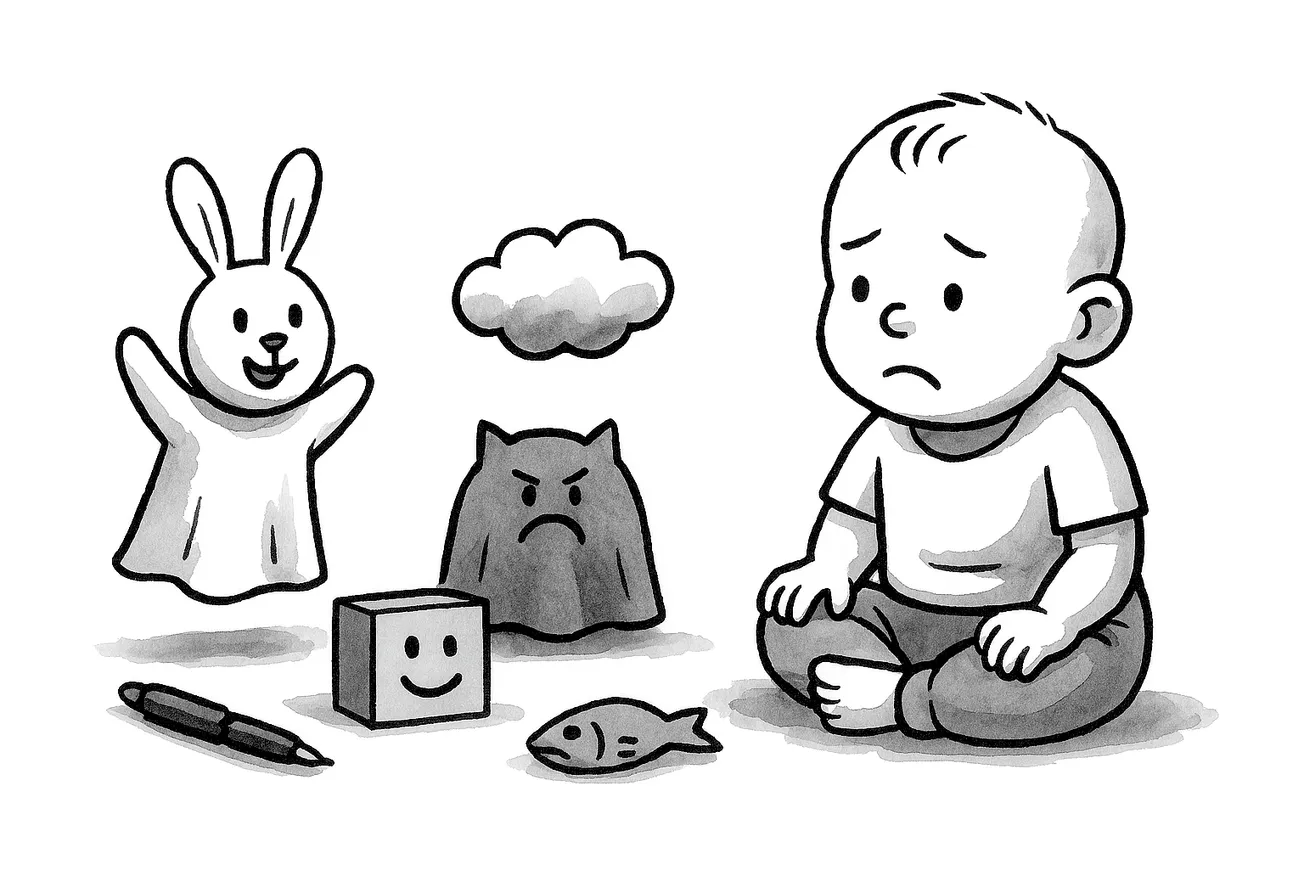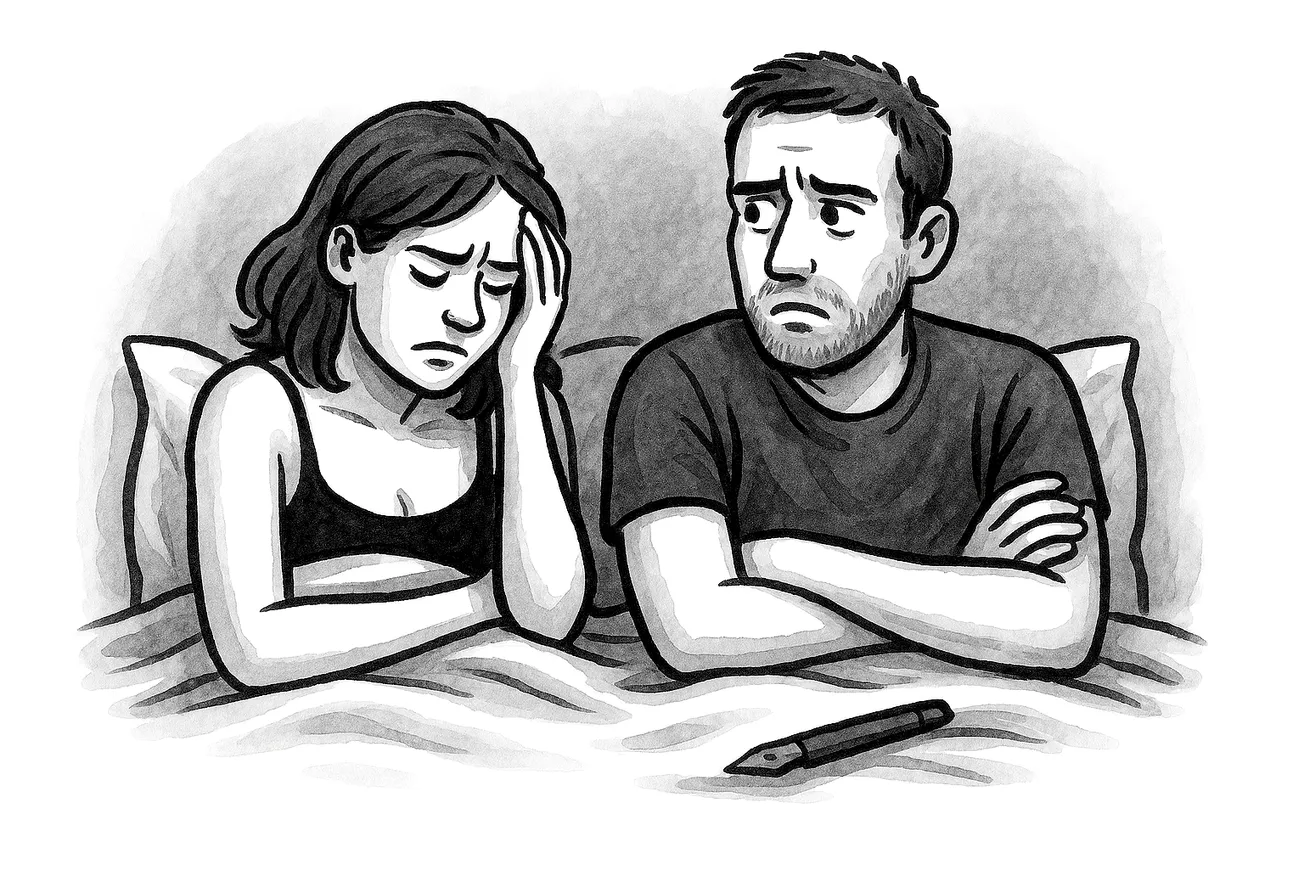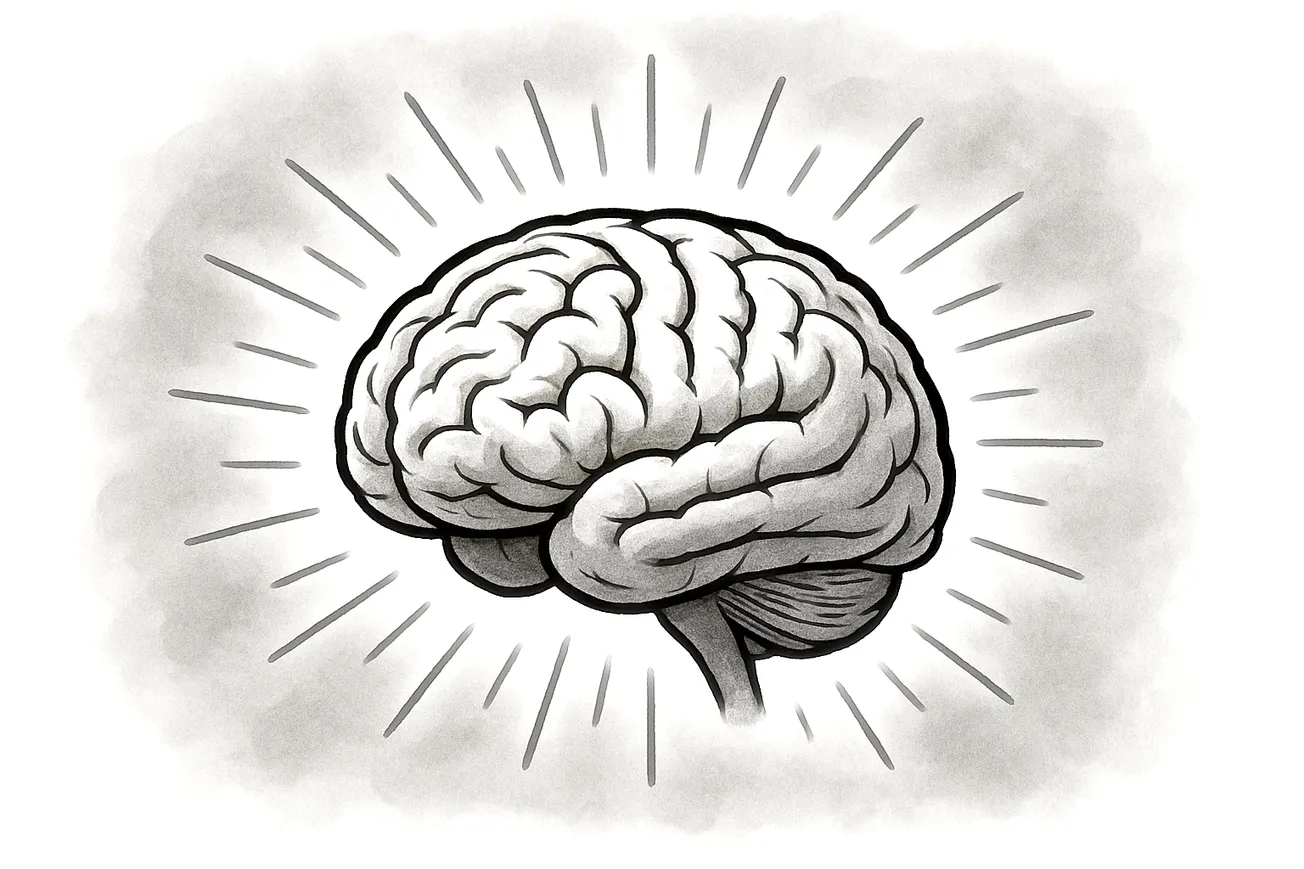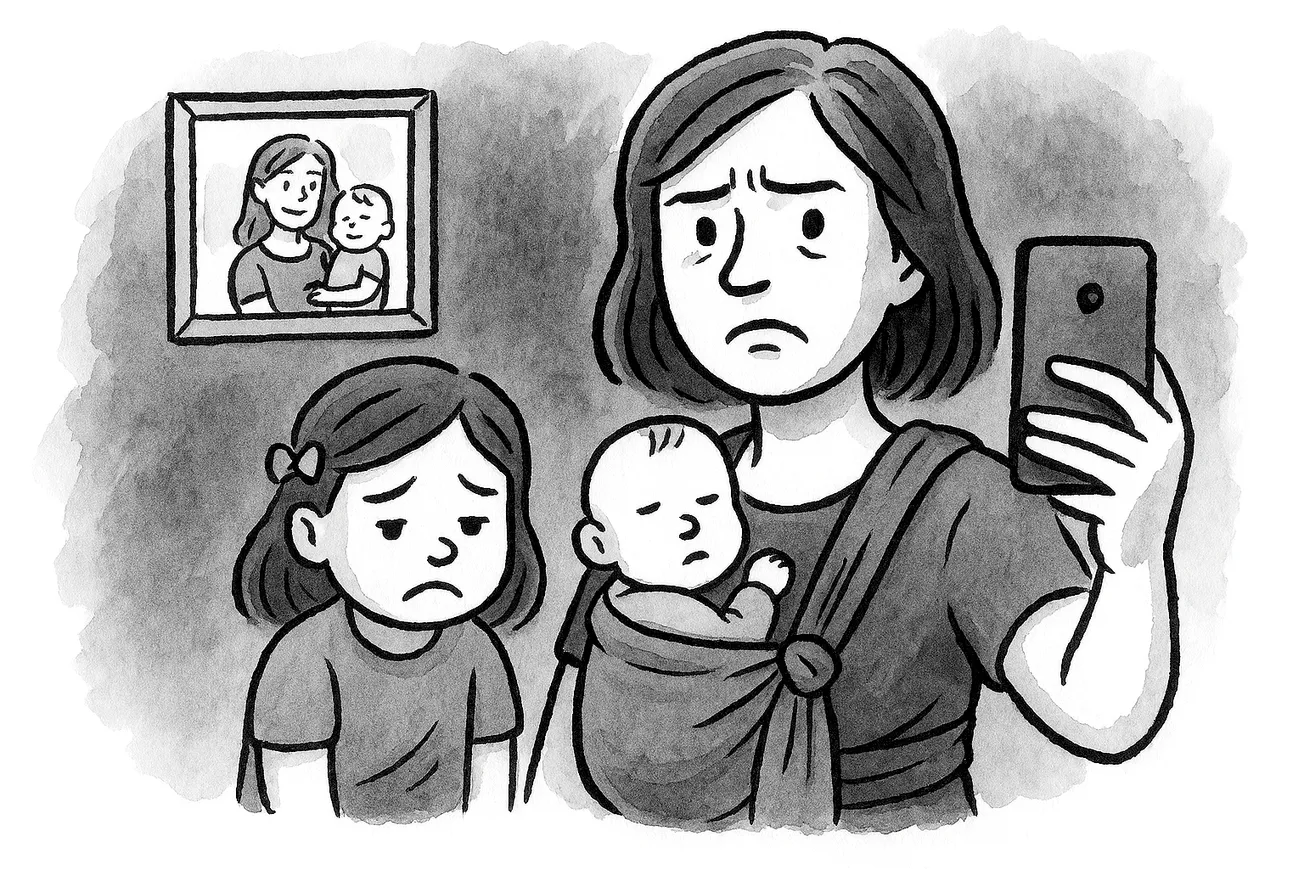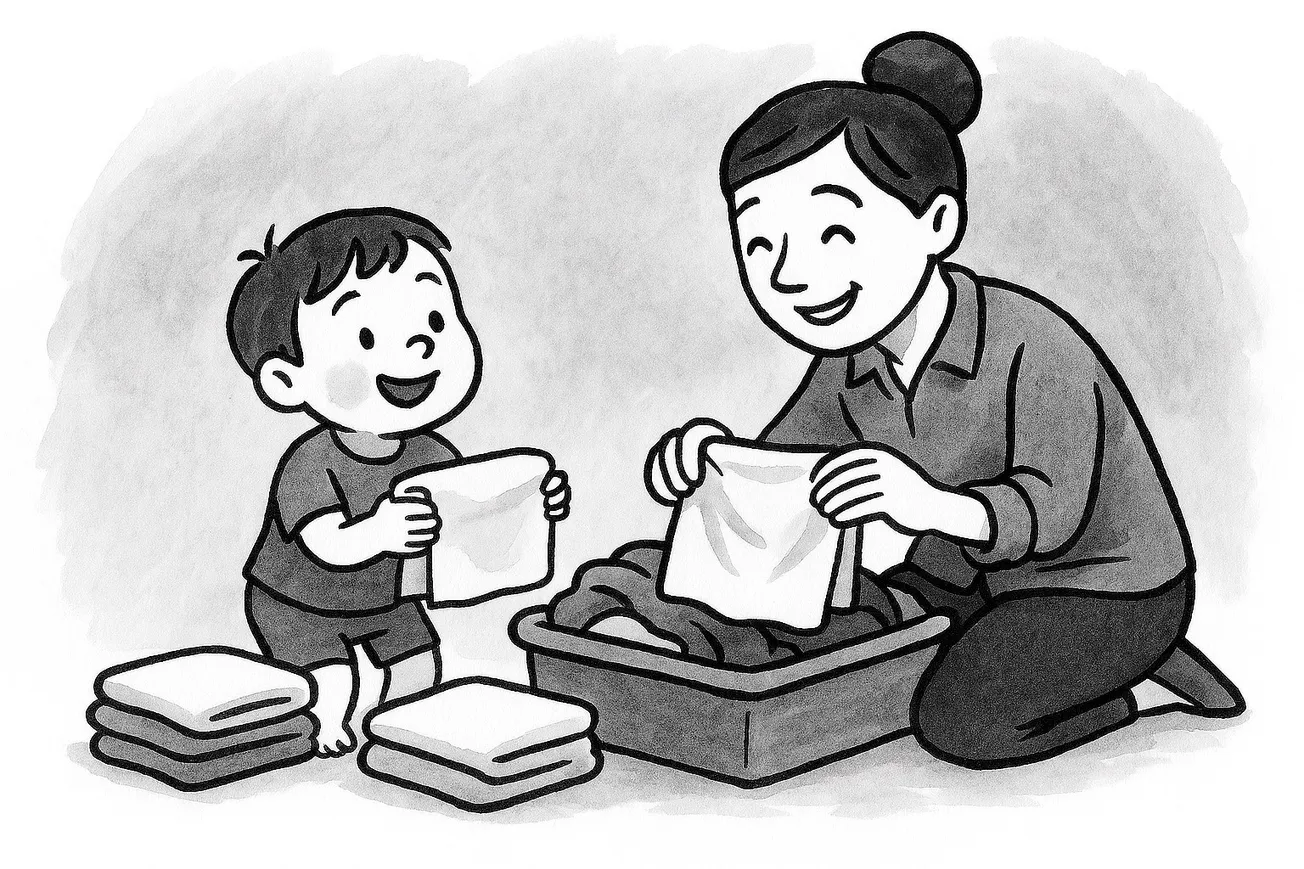Inhaltsverzeichnis
This groundbreaking study from researchers at Humboldt-Universität zu Berlin examined whether having children affects psychological well-being in midlife. Using data from the German Socio-Economic Panel, researchers analyzed 562 individuals over an average of 24.9 years, tracking them from young adulthood to midlife.
Contrary to popular belief, the study found almost no significant differences in the average midlife well-being trajectories between parents and adults without children.
Against popular opinion, this research shows that well-being and loneliness develop similarly for people who never have children and those who do. Only fatherhood (but not motherhood) seemed to protect from loneliness during midlife.
Interestingly, in early adulthood, people without children reported better mental health, lower negative affect, and lower positive affect compared to parents. They also reported more loneliness.
Gender differences emerged primarily regarding loneliness. Fathers were less lonely than mothers and adults without children, particularly during their 20s and 30s when children typically live at home.
Life goals assessed in early adulthood significantly impacted well-being trajectories. People who placed high importance on having children in their 20s but remained childless experienced more negative mental health changes in midlife.
Disengagement from unattainable goals proved beneficial. 63.7% of people without children disengaged from the goal of having children, and those who did experienced positive changes in life satisfaction later in life.
The research also found that parents with strong career goals in early adulthood experienced more negative well-being changes compared to parents who placed less importance on career success.
Prioritizing the goal to have children during early adulthood was related to lower midlife mental health, cognitive, and affective well-being in adults without children, but not in parents.
The study challenges the sociocultural norm that having children is essential for a happy and fulfilled life. From a lifespan perspective, not having children appears neither systematically beneficial nor detrimental to most aspects of psychosocial well-being.
Researchers noted limitations including sample restrictions and inability to distinguish between voluntary and involuntary childlessness. Future research should include measures of eudaemonic well-being to explore the assumption that children provide meaning in life.
Study Quality The study, published in Psychology and Aging, was conducted by researchers from Humboldt-Universität zu Berlin, Stanford University, University of British Columbia, and University of California, Irvine, who analyzed data from the German Socio-Economic Panel Study tracking 562 individuals over nearly 25 years to compare well-being trajectories between parents and non-parents. I would rate this study 8/10 because it uses robust longitudinal data and propensity score matching to control for confounding variables, though it has limitations in distinguishing between voluntary and involuntary childlessness and cannot fully establish causality.
Sources
- German Socio-Economic Panel Study
- Buchinger et al. preregistration
- Buchinger & Wahring project data
- Goebel et al. (2019) on SOEP design
- Entringer et al. (2022) SOEP Scales Manual
→ apa.org

